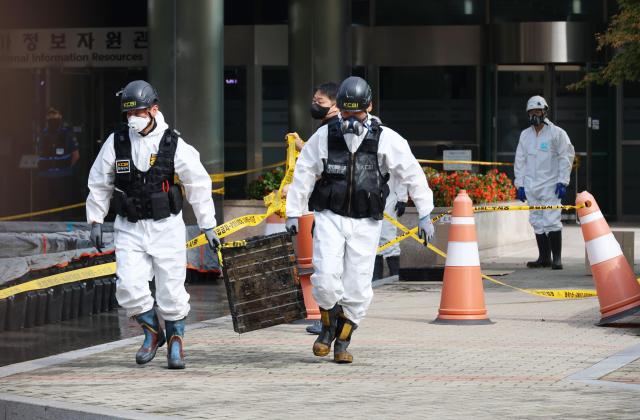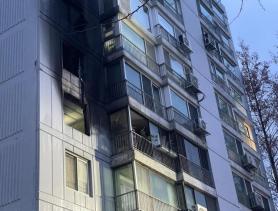
SEOUL, October 03 (AJP) - A fire at the National Information Resources Service in the central city of Daejeon on September 26 brought down South Korea's main government data network, halting 647 public services and internal systems and leaving the government's cloud system unusable. The blaze started in a server room lined with lithium-ion batteries and was only declared fully extinguished 22 hours later.
The impact was severe. Ninety-six systems in the fifth-floor data hall were destroyed, including key platforms such as the National Veterans Affairs system, the Government Legislation Information Center, and the national complaint portal. The G-Drive, where civil servants stored work files, was also wiped out. Officials admitted the system had no backup, making recovery impossible.
The government has deployed more than 500 staff and contractors to restore services, but progress has been slow. After the first week, just over 100 systems had come back online, mainly those located in unaffected lower floors. Recovery of the 96 destroyed systems is expected to take at least a month, with relocation to a government–private cloud center in the southern city of Daegu. Even some restored services have suffered further outages, showing the fragility of the system.
The Daejeon fire has fueled new scrutiny of energy storage systems (ESS), often described as "mega batteries." These installations store electricity and feed it back into the grid when needed, making them essential for renewable energy projects that rely on variable sources such as solar and wind. On October 3, 2025, Democratic Party lawmaker Wi Seong-gon disclosed National Fire Agency data showing that 54 ESS-related fires occurred between January 2020 and June 2025.
The breakdown of causes points to systemic risks. Twenty-one cases were recorded as "unknown cause," 17 were linked to electrical issues like overload or short circuits, 10 were traced to mechanical problems such as overheating, and four were tied to chemical reactions including explosions. Out of the 54 fires, 43 involved South Korean-made batteries, with 17 connected to Samsung SDI, eight to LG Energy Solution, and one to SK Innovation via SK On. Eleven incidents involved foreign-made units.
Wi said the government cannot afford to treat safety as an afterthought. "ESS is essential for expanding renewable energy, but we need a regulatory framework to ensure they operate safely," he said. He urged improvements in oversight at every stage, from design and installation to operation and inspection.
Copyright ⓒ Aju Press All rights reserved.




